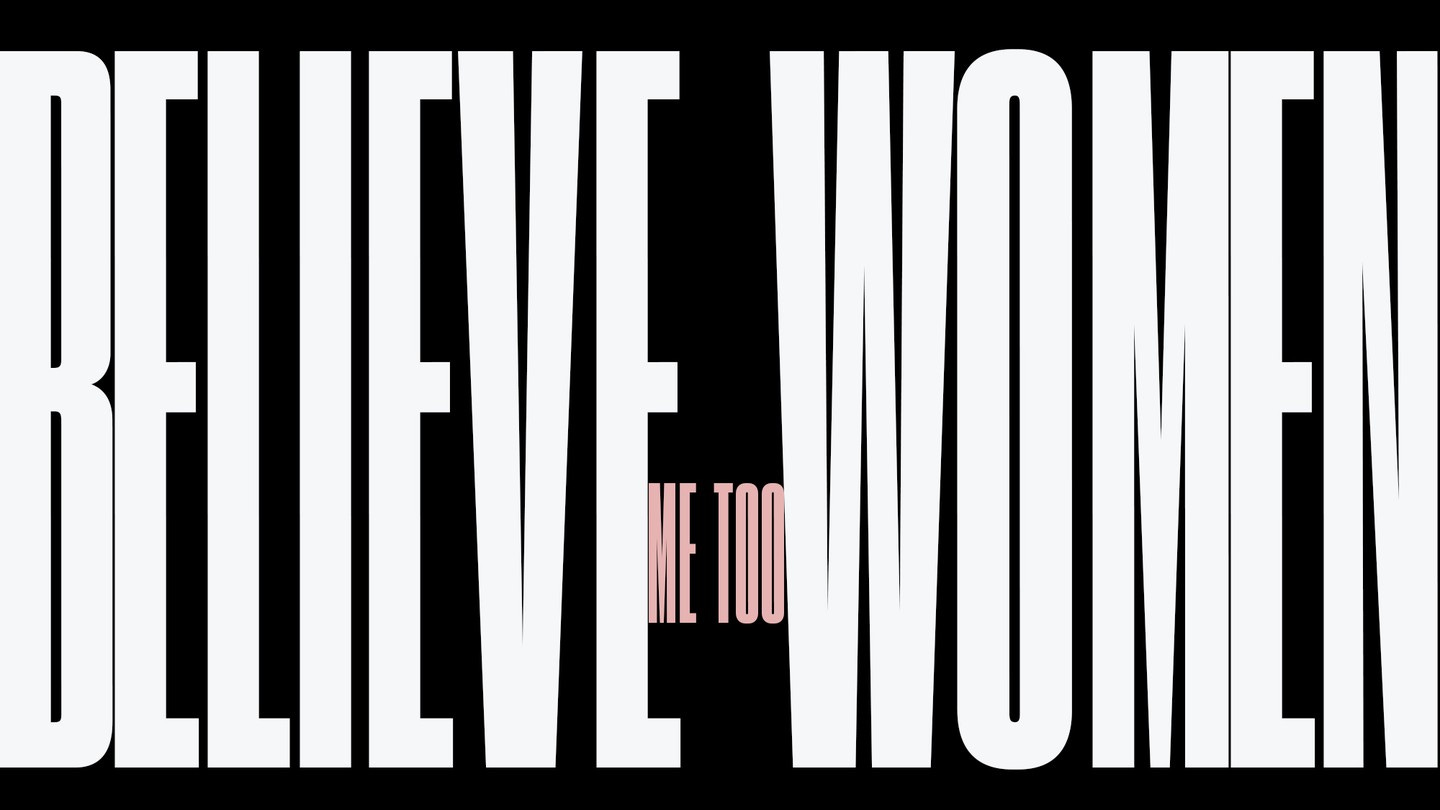Happy Indeterminate Day!
Last week, I got a message from my newsletter provider, TinyLetter, saying that my account had been suspended. The support team said that it was because my last mailing had hit a “spam trap”, an unpublicised email address maintained by a spam prevention service, designed to identify unwanted mass mailouts. This didn’t make much sense to me, because every Bluestocking subscriber has signed up manually. TinyLetter told me hitting spam traps affected their credibility rating, and the only way to get my account un-suspended was to delete everyone who had signed up for the list since May 1. So apologies to those of you who’ve had to sign up twice.
Anyway, TinyLetter were nice about everything, but I thought I’d take the opportunity to move to a bigger, fancier provider (TinyLetter was bought by MailChimp a while back and I get the sense they’re letting it continue but not putting any development into it). So welcome to Substack!
I’ll probably never know which email address did me in. TinyLetter support said: “While we’re unable to say for sure why a spamtrap address would have been actively added to your list, it is possible that your form could have been targeted by a spambot or other malicious actor.” I don’t consider myself a tinfoil hat person, but this seems only too likely. I know from my inbox and @ replies that there are a lot of people out there who are mysteriously and ferociously enraged by the subjects I cover. The only question is whether I most suspect an angry Peterson fan (they’ve been submitting mean Amazon reviews for my book on the US site) or an angry leftist who’s very supportive of women’s rights but just hates these particular Karens who totally deserve it because they employ a cleaner.

Talking of conspiracy theories, the Atlantic has launched a huge new project on the subject, Shadowland. The landing page is here. I’m going to tuck in over the weekend, because conspiracism - and lack of trust - is maybe one of the dominant forces of modern life. My next Spark interview, airing on Monday, is with the AI pioneer Stuart Russell. One of the standouts lines from his book Human Compatible (apart from his belief that AI really could kill us all) is that we should have a new human right: “the right to live in a largely true information environment”.
I think about this a lot, having seen what it looks like when someone is genuinely psychotic, and how terrifying and disorienting it is to be trapped in a mental hall-of-mirrors. It is cruel to deprive people, deliberately, of the handholds of reality, as Donald Trump does in his press conferences. Then again, I’m not sure his own grip on reality is all that steady: David Frum makes a persuasive case here that the US president is himself hopelessly untethered from the plot. I recorded another News Quiz yesterday and when the subject of “Obamagate” came up, I confessed that I’d read half a dozen stories about it and was still none the wiser about what the conspiracy was actually supposed to be, or what Obama’s role in it was. “Thank god you said that,” replied another panellist. “I thought it was just me.”
Anyway, if YOU understand Obamagate, do write in. (Though Vox are probably right that it’s not even supposed to make sense.) The feedback on the criticisms of the Imperial coronavirus modelling from last Bluestocking was really helpful. (One software engineer wrote: “tl;dr: I don't believe the situation with this codebase is out of the ordinary, but that in itself is a sorry state of affairs. Saying that the model's conclusions are useless is wrong, but the main trouble is in believing such a model can give you all the answers.”)
See you next time!
Helen
PS. I’m sorry if there are formatting errors in this. I’ve hit the wrong side of Douglas Adams’s rule number three, and I’m trying to fight it.
PPS. I asked this on twitter but I might as well ask it again. If anyone has a copy of Maureen Colquhoun’s memoir, A Woman in The House, that I can borrow or buy, let me know. It’s out of print and I need to consult it!
PPPS. Sorry this is late; because I had imported all the emails, Substack wouldn’t let me send this out until I’d been vetted.

An Oral History of Mad Max: Fury Road (NYT)
The characters were intriguing, the stunts were exhilarating, and every frame was bursting with incredible, how’d-they-do-that nerve. “Mad Max: Fury Road” set a new high-water mark for action filmmaking when it came out in 2015, and no summer blockbuster since has been able to match its turbocharged ingenuity.
Even Oscar-winning auteurs have been awed by George Miller’s operatically staged spectacle. “Parasite” director Bong Joon Ho said last year that the scale of the movie brought him to tears, while Steven Soderbergh put it more bluntly: “I don’t understand how they’re not still shooting that film,” he said in a 2017 interview, “and I don’t understand how hundreds of people aren’t dead.”
Come for the mental filming conditions, stay for the hints about Theron/Hardy beef.

Why I’ve Never Believed In “Believe Women”
One of the hardest #MeToo arguments to make is that sometimes the role of journalists is not to publish, out of fairness to accused men as well as their accusers. It is cruel to expose complainants to the searchlight of publicity when their allegations are flimsy, or to write stories in which inconsistencies are not confronted. Doing so is asking for the accuser to be disbelieved, and that experience can be re-traumatizing.
“Believe women” therefore makes the job of journalists more difficult. It has made necessary skepticism look like hostility. Sources should know that reporters are only asking hard questions because everyone else will. Many interviewees, on any type of story, will offer a version of the past buffed up in numerous tiny ways to make them look better, unaware that they have done so. Being drunk or high doesn’t mean your allegation is not credible, for example, but if those facts are excluded from the initial story, only to be revealed later, your whole narrative will be considered “debunked.” The damage of publishing a story that unravels is huge, not just to the individuals involved, but to the issue of sexual assault as a whole. For instance, gang rape is a real and horrifying phenomenon, but for many people, the sole story they will have heard about it is Rolling Stone’s now-retracted report “A Rape on Campus.”
“Why are you taking a break from Twitter, Helen?” See above. (As a chaser, Susan Faludi has written a convincing piece in the NYT arguing that the slippage to “believe ALL women” was a deliberate rightwing strategy, i.e. pretend the feminist movement thinks something crazy, then attack the strawwoman you’ve just created.)
What is the value of a painting? Your answer might consider beauty, perhaps. You might add rarity, a work’s historical context, the artist’s place in the canon. But ask an art dealer and the honest ones will tell you it’s simple: the value of a painting is the maximum that someone will pay for it. The moment you enter an art gallery, the dealer begins appraising you, forming an estimated value based on aesthetics (watch, shoes, handbag), provenance (family fortune?) and other subtle market signals. High-end art galleries never display prices, because the art’s value itself is in one sense immaterial; the dealer’s job is to work out what it’s worth to you.
The asides in this story are precious. “(Schachter also produces art; one of his regular motifs is an elephant fellating itself. There is no suggestion of wrongdoing on his part.)” Could also have been rendered as: “He has committed no crime, except against taste.”

What? You knew I was always going to Google this immediately.
Antiracism, our flawed new religion
An anthropology article from 1956 used to get around more than it does now, “Body Ritual Among the Nacirema.” Because my mother gave it to me to read when I was 13, of course what I remember most from it is that among the Nacirema, women with especially large breasts get paid to travel and display them. Nacirema was “American” spelled backwards—get it?—and the idea was to show how revealing, and even peculiar, our society is if described from a clinical distance.
Whether you agree with this piece or not, you have to respect this intro.
Quick Links
Emily Thornberry vs Caroline Flint. Divine use of “212”, allegedly one of Samantha Cameron’s favourite songs, and why not? it’s an absolute banger.
How dreams change under authoritarianism. (New Yorker)
At the risk of becoming the Old Person’s TikTok digest, this pisstake of Wes Anderson is also very funny.
I’m becoming mildly obsessed with Thelma Schoonmaker, Martin Scorsese’s editor, and with the phenomenon of female film editors in general. Any reading recommendations welcome: for my next book (argh), one of the strands is looking at people right next to an auteur/genius/whatever and asking what they contributed.
Laura Barton on having solo IVF in Greece as the world shut down.
The alternative captions on Nick Clegg’s Tech Bro photoshoot are a joy.
Guest gif: Me when I remember I’ve changed my password so I can’t log back in to Twitter.

See you next time!


